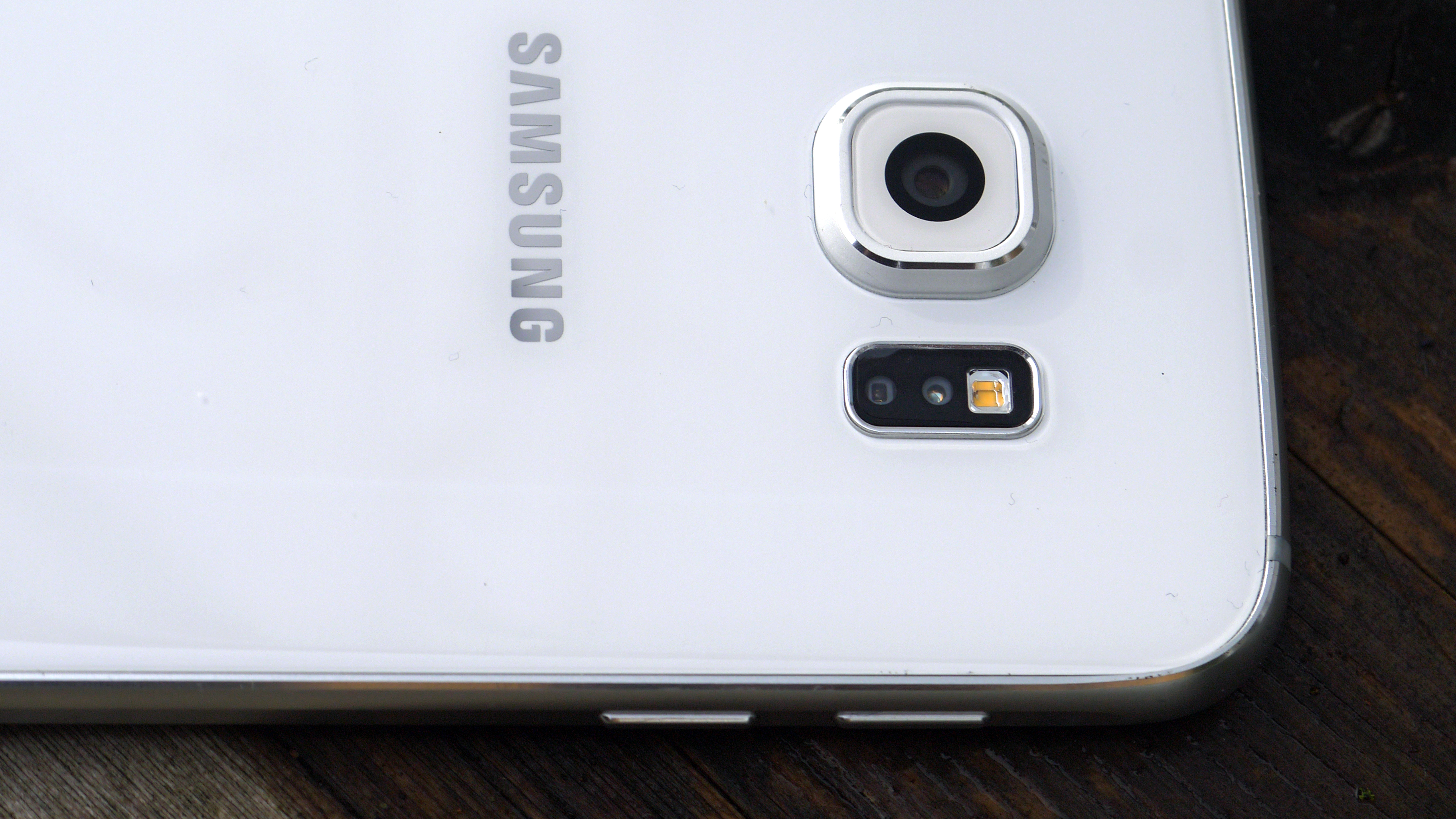Your smartphone photos can tell people not just where you've been, but where you'll be
Do your photos know you better than you know yourself?

Sign up for breaking news, reviews, opinion, top tech deals, and more.
You are now subscribed
Your newsletter sign-up was successful
If you're reading this you're probably tech-savvy enough to know that many photos, especially those taken on smartphones, can carry a timestamp and location data, allowing anyone they're shared with to see where and when they were taken.
But a team from University College London has found that by using that data it's even possible to predict where an individual will be in future.
The team grabbed the GPS and timestamp data from 8 million images shared on Flickr by around 16,000 people in the UK, put them into a database and used an algorithm to examine every photo taken by a specific camera to predict where people might move next.
92 percent of the time it works every time
The results, which were published in Royal Society Open Science, show that the system seemingly works, with their predictions matching up with National Travel Survey data 92% of the time.
Although the results could be troubling for privacy fans the algorithm seems more suited to inferring "general patterns of human mobility" than showing exactly where someone will be at any given time. That said it does allow the team to focus on individuals and at least make a guess at geographical location possibilities.
There are potential upsides to all this, as knowing where people will be and when could for example aid the development of transportation projects, but if you don't want your data out there you can always turn off geo-tagging on your photos.
Sign up for breaking news, reviews, opinion, top tech deals, and more.
James is a freelance phones, tablets and wearables writer and sub-editor at TechRadar. He has a love for everything ‘smart’, from watches to lights, and can often be found arguing with AI assistants or drowning in the latest apps. James also contributes to 3G.co.uk, 4G.co.uk and 5G.co.uk and has written for T3, Digital Camera World, Clarity Media and others, with work on the web, in print and on TV.